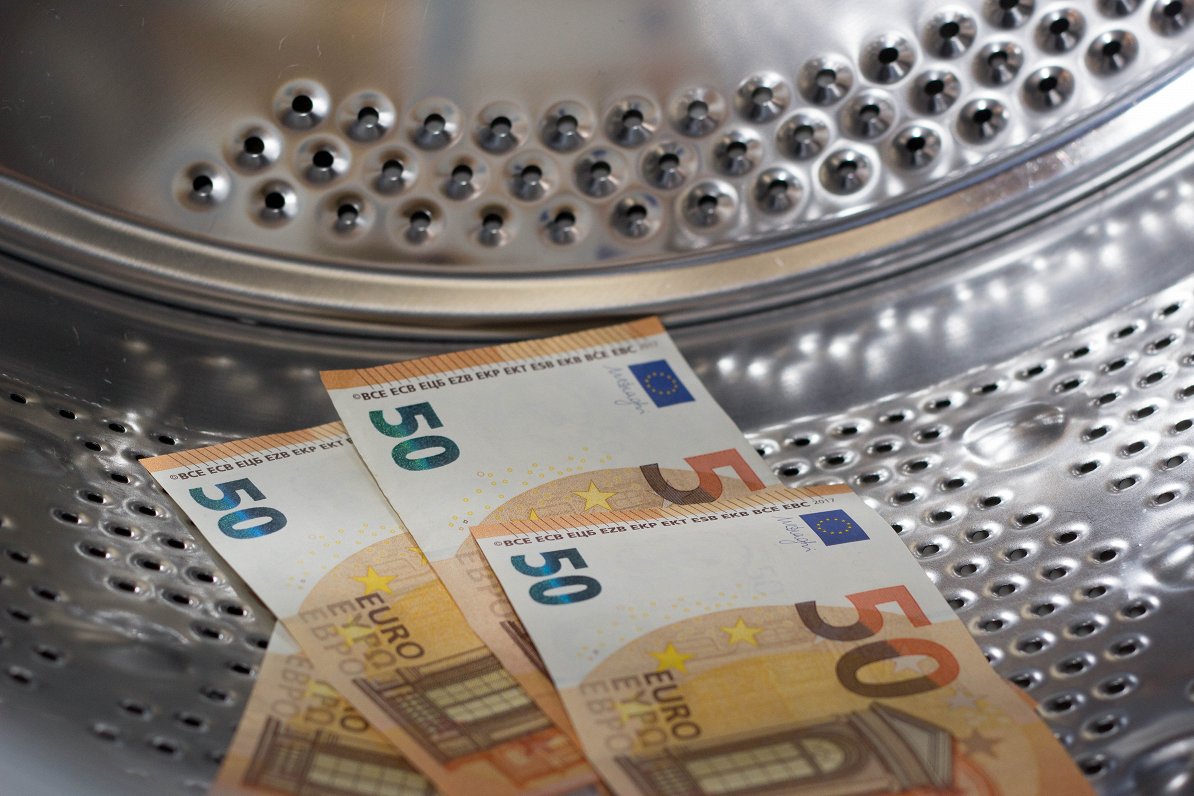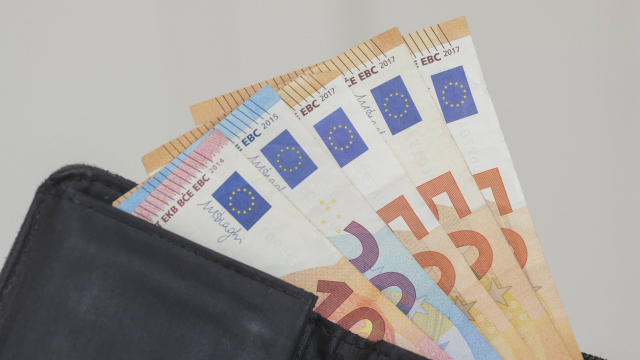Dubbed The Troika Laundromat, OCCRP describes the operation as "a unique new Laundromat, created by a prestigious financial institution. This time, the work shows not only its beneficiaries but also exposes its mastermind and operator — Troika Dialog, once Russia’s largest private investment bank.
"The scheme was discovered in a large set of banking transactions and other documents obtained by OCCRP and the Lithuanian news site 15min.lt. The data, which was compiled from multiple sources, represents one of the largest releases of banking information ever, involving more than $470 billion sent in 1.3 million leaked transactions from 233,000 companies."
NEW: One of the largest leaks of banking records and related documents ever reveals an $8.8 billion network of offshore companies that allowed corrupt politicians and criminals to secretly launder money and hide assets abroad. Here’s the #TroikaLaundromat. https://t.co/yv1KnkPoZP pic.twitter.com/6MiJh0jWlz
— OCCRP (@OCCRP) March 4, 2019
"The main purpose of the system we’ve named the Troika Laundromat was to channel billions of dollars out of Russia. But it was much more than a money laundering system: The Laundromat allowed Russian oligarchs and politicians to secretly acquire shares in state-owned companies, to buy real estate both in Russia and abroad, to purchase luxury yachts, to hire music superstars for private parties, to pay medical bills, and much more," OCCRP says.
While much of the money in question appears to have been laundered via Lithuania's Ukio Bankas, there is a Latvian connection mentioned in the initial report: two Latvian names familiar to anyone who has followed Baltic money-laundering scandals and offshore entities over the last decade: Eriks Vanagels and Stan Gorin.
Both are well-known "nominee" directors of hundreds of offshore entities created as part of complex money-laundering schemes. Neither man appears to have profited from the use of their names; Vanagels is apparently homeless and Gorin a low-level insurance salesman.
The company at the center of the latest revelations is named Quantus (not to be confused with the Australian airline Qantas), which is registered in the British Virgin Islands, a well-known tax haven and offshoring hub. Quantus is owned by Panama-based Cascado AG.
"That company, itself shrouded in secrecy, is managed by a slew of Latvian proxies, including Stan Gorin and Erik Vanagels — two names reportedly connected to multiple corruption scandals," reports OCCRP.
More information about the pair and their history is available at the investigative website Behind the Proxies.
Thus an unlikely link is established between homeless Vanagels and Prince Charles, heir to the British throne, who accepted large charitable payments from Quantus for some of his pet projects including the restoration of a grand house in Scotland. As director of a Quantus parent company, perhaps Dumfries House could put a roof over Vanagels' head?
Meanwhile in The Guardian's reporting of the Troika Laundromat, Latvia gets another mention, this time involving an unnamed Latvian bank processing suspicious payments.
"In May 2004, Ukio transferred $204,000 to an account in Latvia to pay for “auto spare parts”. The money came from Industrial Trade Corp, incorporated a year earlier in Panama. It had no obvious connection to the car industry, and over the next six years, it went on to trade in everything from “food industry equipment”, to “computers” and “building materials”. Such transactions, along with loans and share deals, allowed Industrial Trade Corp to become one of the biggest cash pipelines in the Laundromat, moving hundreds of millions," said The Guardian.
The initial report from OCCRP is available online with the promise of more to come.





























